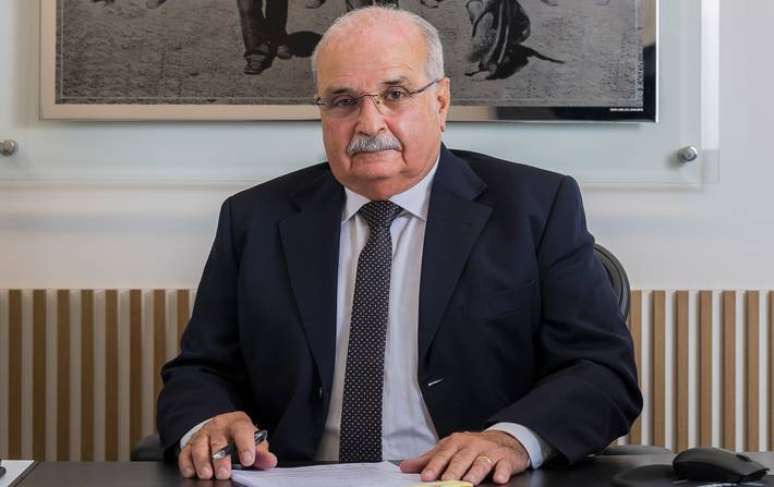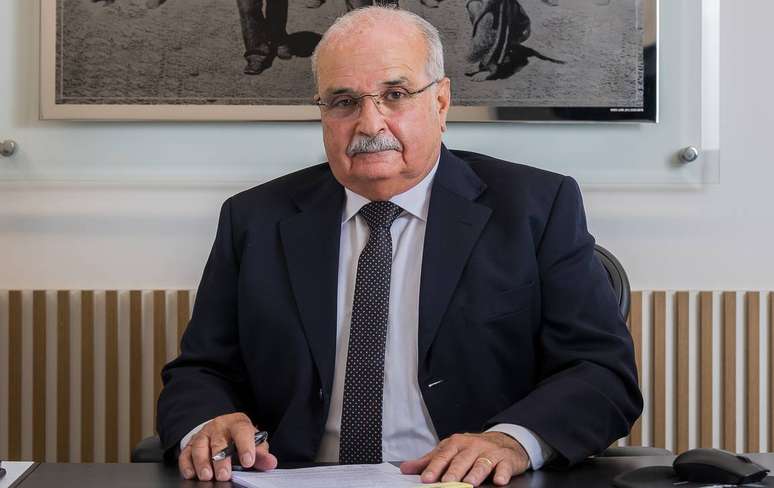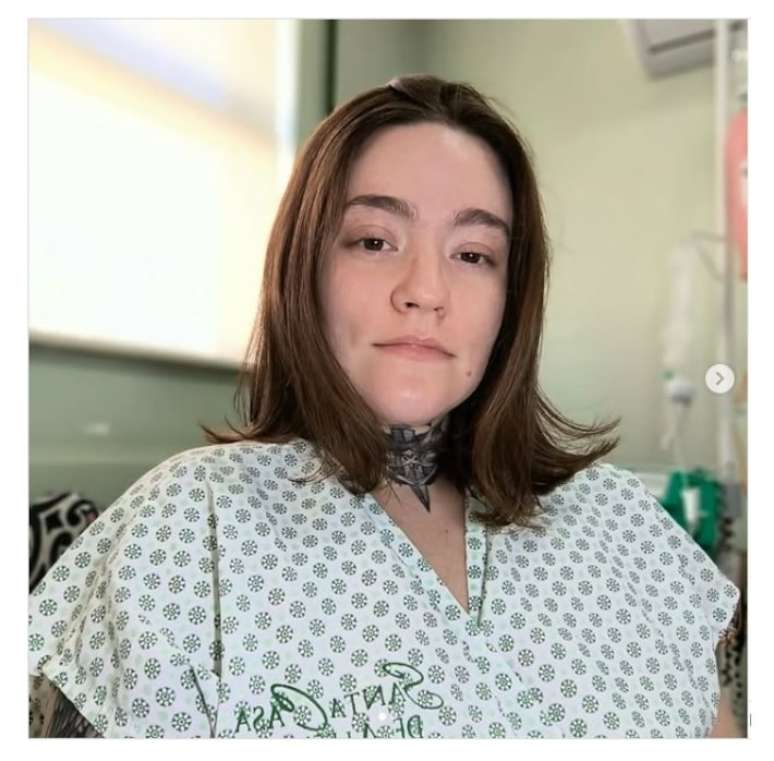The president of Unimed do Brasil highlights the commitment of medical cooperatives to innovation to ensure the sustainability of health plans and bring quality care to more people
According to Omar Abujamra Junior, president of Unimed do Brasil, the solution to the challenges the sector is facing necessarily involves a qualified dialogue on what to do so that more people can realize their desire to have a health plan. The theme will be one of the focuses of the 52nd Unimed national conference, which will bring together around a thousand leaders of medical cooperatives, healthcare and technological experts, managers and representatives of the public sector. The Innovation, Inclusion and Cooperation in Healthcare event will take place from 3 to 5 October, in Brasilia, and will address issues ranging from the importance of streamlining the Unified Health System (SUS) to the debate on the regulation of health plans – also highlighted in the following interview.
What are the main transformations that integrative healthcare must face in the country and what are the interventions that Unimed gives priority to so that more people can access health plans?
Integrative healthcare is going through a time of great challenges. Some examples are high healthcare costs, operational losses and legislative changes with sectoral impact. But we are talking about a dynamic and resilient sector, which over the years has played its role in alleviating the strong demand on the public system.
The Unimed system serves 10% of Brazilians, as we care for more than 20 million beneficiaries of health and dental plans, having invested R$74.8 billion in serving our beneficiaries in 2022 alone. This means that we produce health in Brazil significantly and, as agents of this complex production chain, we are also part of the solution.
Is it possible to think of an ecosystem in which the public and private sectors dialogue and exchange information, aiming for solutions that increasingly benefit the population?
Yes, and we have several local examples of collaboration in providing services, exchanging information, providing telemedicine tools to SUSs, and addressing common challenges, such as the pandemic. Health plans already cover 25% of the Brazilian population and, in some regions, this percentage is even higher. One of the fronts on which we invest is that of the electronic medical record. The project we launched in 2010 served as the basis for the National Health Data Network: public-private cooperation makes the system more efficient as a whole, integrates the treatment path and benefits citizens, whether they are in the public or private network .
The Unimed System is made up of 340 medical cooperatives. How is the company organized to guarantee the standard of service in such a large and diversified country?
Unimed is the only integrative healthcare model organized on the basis of medical assistance. We have a network of over 30 thousand partner health services across the country and we invest heavily in our network: there are 157 general hospitals and day hospitals, as well as clinics, emergency rooms and diagnostic services. We are present in nine out of ten Brazilian municipalities and, therefore, closer to the population, which allows us to closely understand the reality and needs related to health and to develop more assertive services for each locality.
Innovation and technology are one of the ways to guarantee efficiency and quality of service. Which actions in this sense are already making a difference in Unimed?
Innovation and technology have already transformed the way healthcare services are delivered and managed in our cooperatives. Data analytics and artificial intelligence are increasingly used to assess risks and predict care needs, enabling more proactive healthcare management, as well as the elimination of repetition, waste and fraud. We are implementing a national health intelligence center, with analytics, big data and artificial intelligence applications that will support the definition of care policies and guidelines.
What legal and regulatory challenges impact the search for greater assistance and legal certainty?
The sector needs predictability and clear rules for all involved. Without this, conflicts and judicialization increase, it becomes more difficult to calculate the risk of operations and prices tend to rise. Assistance, legal and economic security are an essential condition for making plans more accessible.
Can investing in primary care, with prevention and health promotion programs, change the scenario for operators?
It is a model that allows an integrated and coordinated approach to health management, allowing for early diagnosis, adequate management of chronic clinical conditions and prevention of health problems. Unimed has 411 health promotion and prevention programs, which represent 63% of the total programs approved by the ANS, in addition to 97 Primary Health Care experiences.

Source: Terra
Ben Stock is a lifestyle journalist and author at Gossipify. He writes about topics such as health, wellness, travel, food and home decor. He provides practical advice and inspiration to improve well-being, keeps readers up to date with latest lifestyle news and trends, known for his engaging writing style, in-depth analysis and unique perspectives.




![Tomorrow belongs to us: What awaits you on October 14, 2025, Tuesday, October 14 [SPOILERS] Tomorrow belongs to us: What awaits you on October 14, 2025, Tuesday, October 14 [SPOILERS]](https://fr.web.img4.acsta.net/img/3a/6b/3a6b6c830f9faa61c326457b86fe9dcd.jpg)

